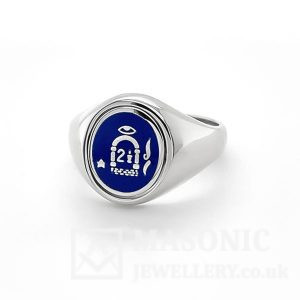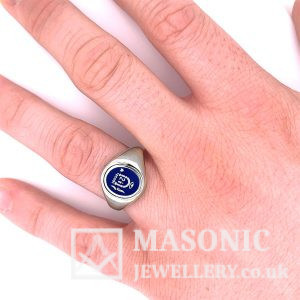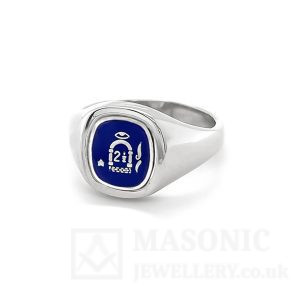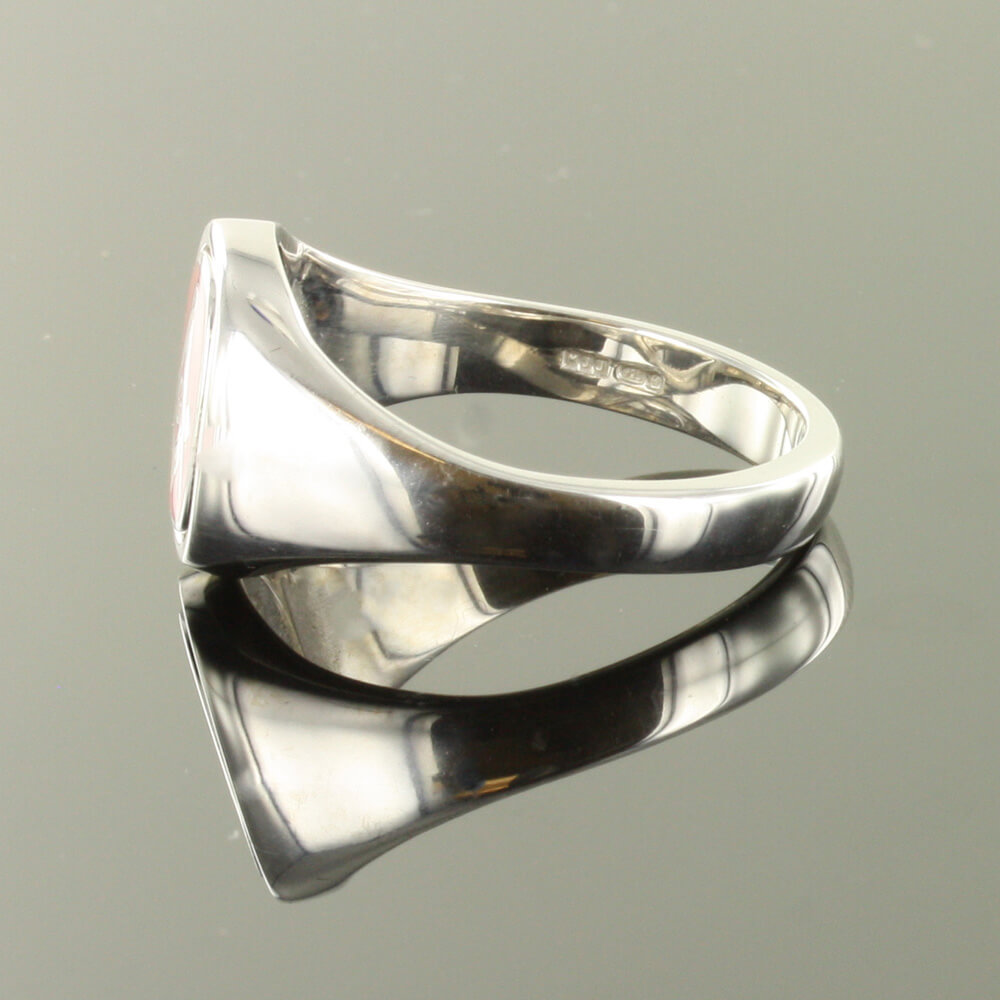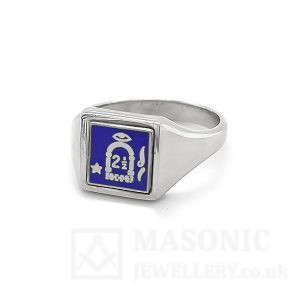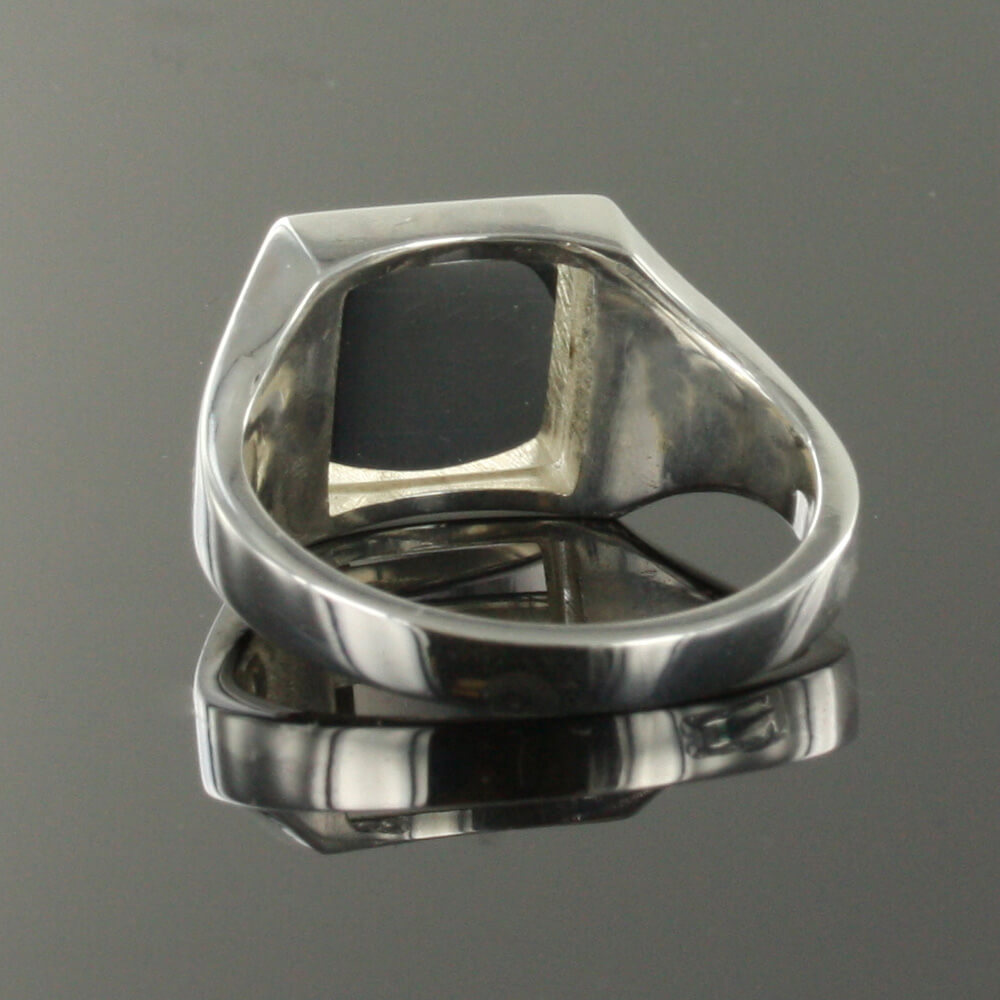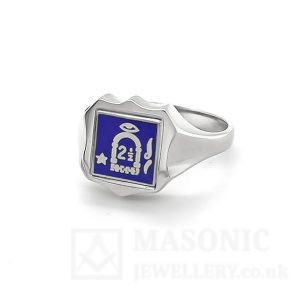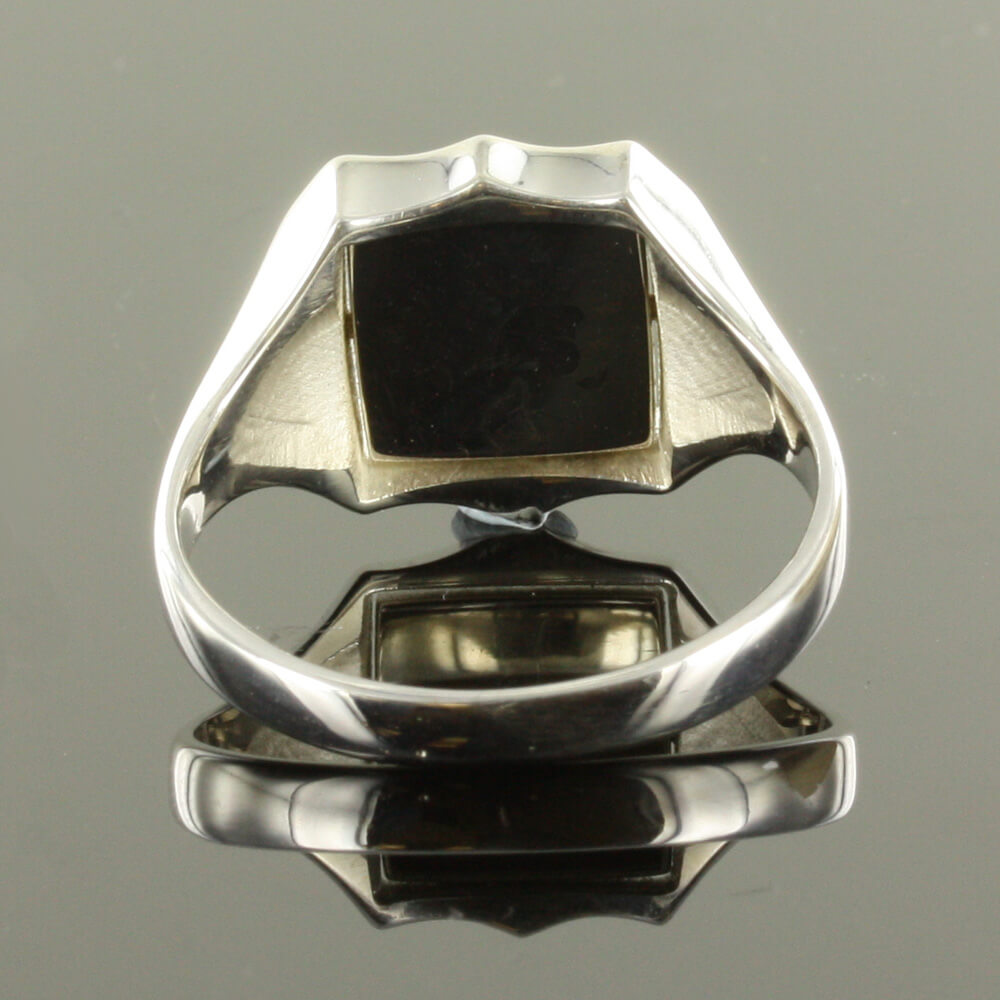The Orange Order? A Brief History and Tradition
The Orange Order is a Protestant fraternal organization that originated in Northern Ireland in the late 18th century. Its members are predominantly Protestant and have a strong affiliation with the Church of Ireland, though there are also members who belong to other Protestant denominations.
The organization was formed in 1795 to protect Protestant interests and to maintain the Protestant Ascendancy in Ireland. Its members have played a significant role in Irish history, particularly during the Protestant and Catholic tensions that have been ongoing since the 17th century.
The Orange Order is perhaps best known for its parades, which are held in cities and towns across Northern Ireland and other parts of the world with significant Protestant populations. These parades are often controversial, with some people seeing them as a display of Protestant dominance and others as a celebration of Protestant culture.
The organization is named after William of Orange, a Dutch prince who became King of England, Scotland, and Ireland in 1689. William was a Protestant who defeated the Catholic King James II in the Battle of the Boyne in 1690, an event that is celebrated annually by the Orange Order on July 12th.
One of the most prominent symbols of the Orange Order is the orange sash, which is worn by members during parades and other events. The sash is typically made of silk and features the colors of the Protestant flag: orange, white, and green.
What Jewellery Do Orange Order Wear?
Members of the Orange Order wear a variety of jewellery, which varies depending on their rank within the organization. The most basic piece of Orange Order jewellery is the plain silver band, which is worn by all members of the organization. Members who hold higher ranks within the organization may wear more elaborate jewellery, including rings, brooches, and badges.
One of the most recognizable pieces of Orange Order jewellery is the Orange Ring. This ring features an oval head in blue enamel, which depicts the Royal Arch Purple Degree, the five-pointed star, Serpent, and the all-seeing eye. At the centre of the ring is the number 2 and 1/2, which represents the degree of the Orange Order to which the wearer belongs. The ring is reversible, with a plain back that can be engraved with a personal message.
In addition to the Orange Ring, members of the Orange Order may also wear other types of jewelry, including cufflinks, tie pins, and lapel badges. These pieces may feature the emblem of the Orange Order, which consists of a red hand on a white background, surrounded by a gold star and a wreath of orange leaves.
Wearing Orange Order jewellery is a way for members of the organization to show their pride and commitment to their faith and heritage. It is also a way to recognize and honour the sacrifices made by those who have fought to defend Protestant values and traditions.
The organization is also known for its regalia, including swords, gloves, and collarettes, which are worn by members during formal events. The collarette, in particular, is a distinctive item of clothing that features the colors of the Protestant flag and the emblem of the Orange Order.
The Orange Order has been the subject of controversy over the years, particularly due to its association with sectarianism and anti-Catholic sentiment. However, the organization has also played an important role in the social and cultural life of many Protestant communities, and its members are proud of their heritage and traditions.
In conclusion, the Orange Order is a fraternal organization that has a long and complex history in Ireland and beyond. Its members are proud of their Protestant heritage and culture, and the organization has played an important role in the social and cultural life of many communities. While its parades and other events may be controversial, the Orange Order remains a significant part of Protestant identity and tradition.

